A concrete masonry unit (CMU) walls are standard size rectangular blocks used in building construction, CMU is the most versatile building product available because of the wide variety of appearances that can be achieved using them; concrete masonry unit walls will help to reduce the waste of time.
These walls have a variety of patterns and textures, this not only makes them engaging choices for exterior and interior walls but additionally dependable choices for a solid foundation.
Concrete blocks are made from cast concrete (Portland cement and aggregate, sand and fine gravel).
Low-density blocks might use industrial waste such as fly ash or bottom ash as an aggregate.
Functions of CMU Walls:
Concrete masonry units act as bearing wall, which helps for residential properties or buildings.
It helps the vertical loads such as flooring joists, arches, vaults, roof rafters, and horizontal loads like wind and seismic activity.
The majority of buildings presently are constructed using concrete blocks or bricks, which forms the CMU wall.
Similar to stone masonry, the CMU system heaps together concrete blocks using mortar joints.
However, some CMUs are mortar much fewer systems that fit into one another through a sequence of interlocking tongues and grooves.
CMU Walls Composition Details:
The units forming the wall can be made out of precast concrete blocks or cast-in-place concrete blocks.
These blocks are available a range of shapes including stretcher blocks, header blocks, bond beam blocks and corner blocks.
Precast concrete blocks are manufactured offsite and transported to the construction site for assemblage.
Cast-in-place concrete blocks are poured and cured using steam on the site.
Blocks are often made hollow block to permit the insulation.
Along with concrete, CMU walls can comprise of metal, plastic foam and other composite materials for various architectural designs.
For example, CMU blocks are sometimes pressed into metal moulds throughout construction.
Advantages of CMU Walls:
- Concrete masonry units are bigger than conventional bricks, it’s cheaper to put a CMU system.
- Galvanized steel reinforcements strengthen the CMU walls helping them to bear more weight without cracking.
- These types of walls have an excessive tolerance for heavy loads, helps a stone going through different bricks, plaster, and tile constructing components.
- They are additionally useful in areas that have extreme climates such as hurricanes and tornadoes.
- Furthermore, the durability of CMU systems extends the lifetime of buildings and minimizes the necessity for constant maintenance.
Also read: Retaining Wall, Shear Wall & Parapet Wall
Disadvantages of CMU Walls:
- CMU walls soak up important amounts of moisture.
- They are often covered with a protective glaze or weatherproofed to stop water penetration.
- These systems are heavier than wooden or steel, they lack flexibility for walls with completely different shapes and dimensions.
- Concrete blocks also occupy large amounts of space, since their low thermal resistance value makes them difficult to insulate.
- Finally, hiring contractors may be costly depending on the geographic area.
Also read: Masonry Wall, Load Bearing Wall & Partition Wall
Conclusion:
Walls made of concrete masonry units (CMU) are standard-sized rectangular blocks commonly used in building construction.

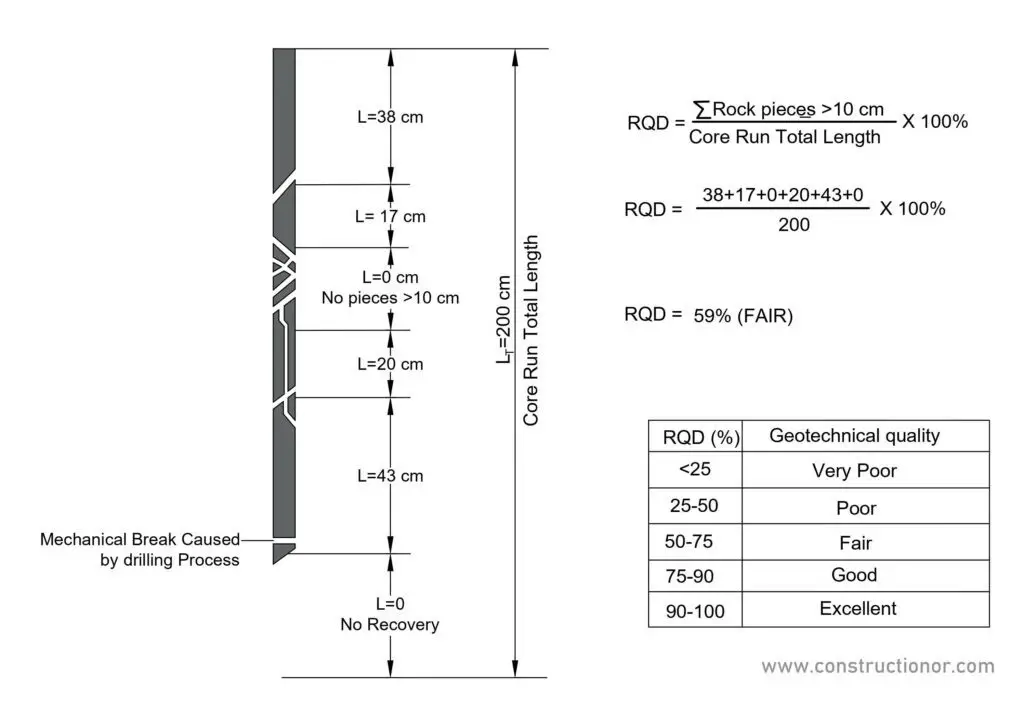
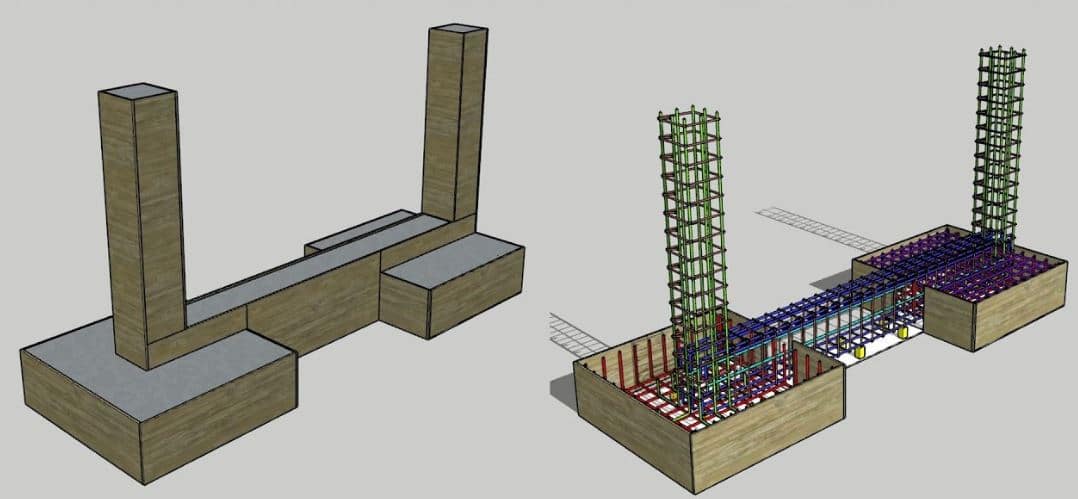
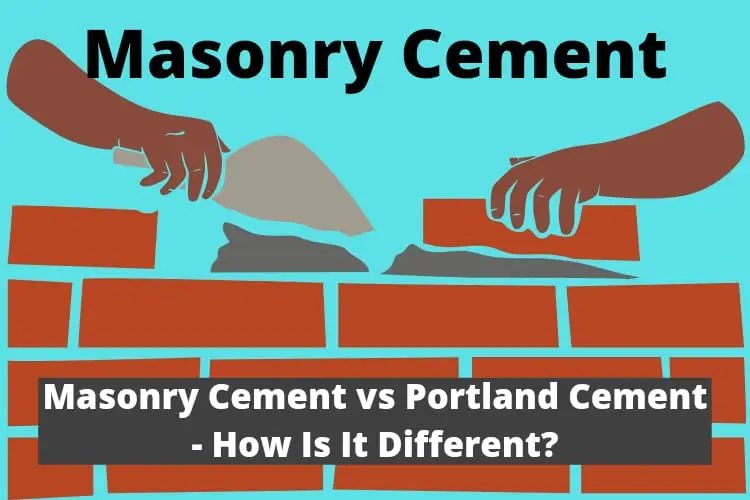
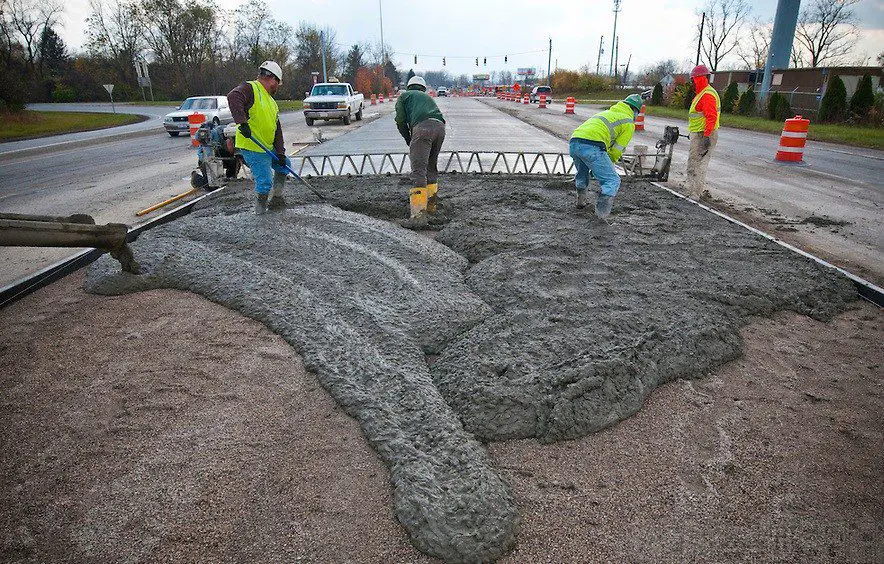
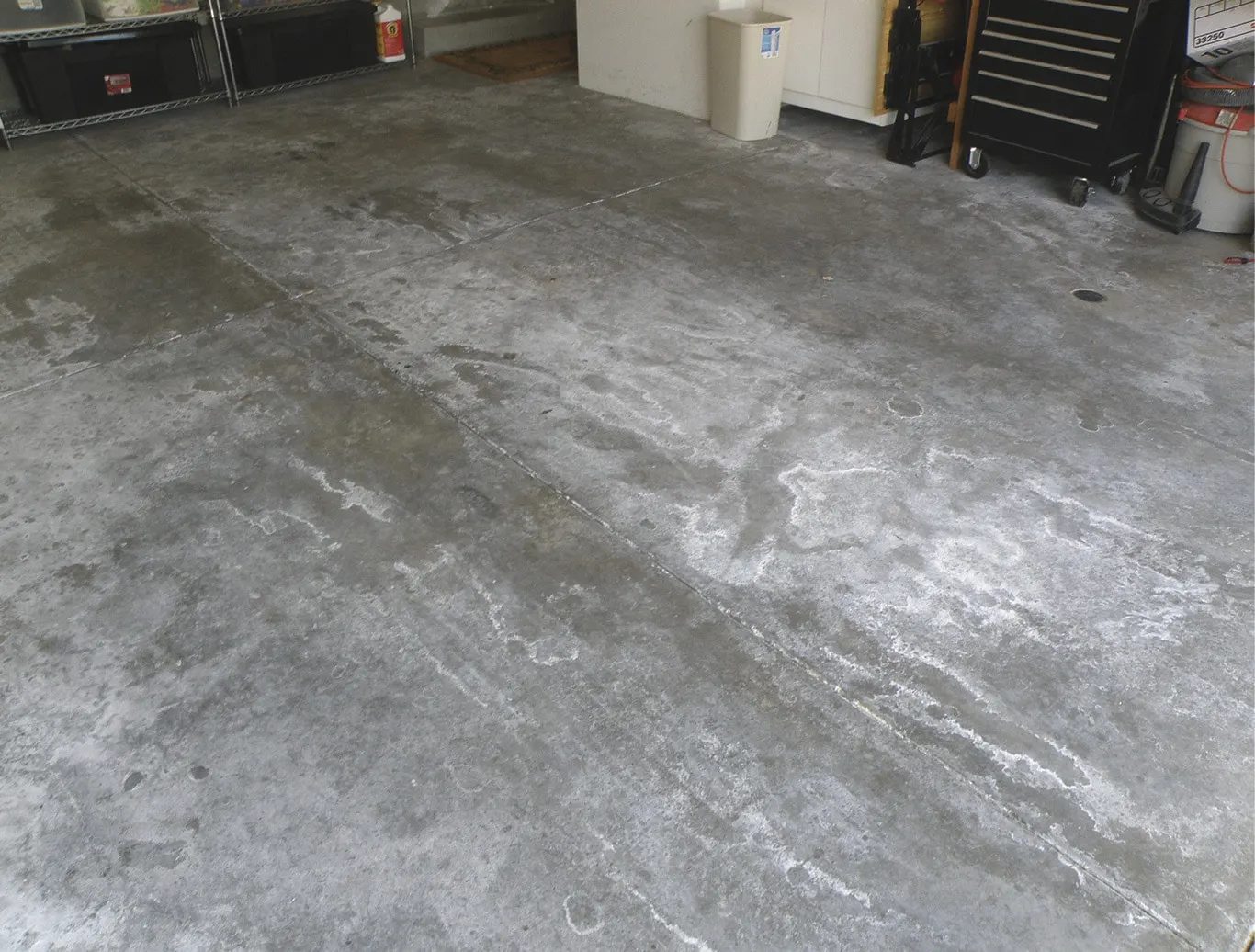
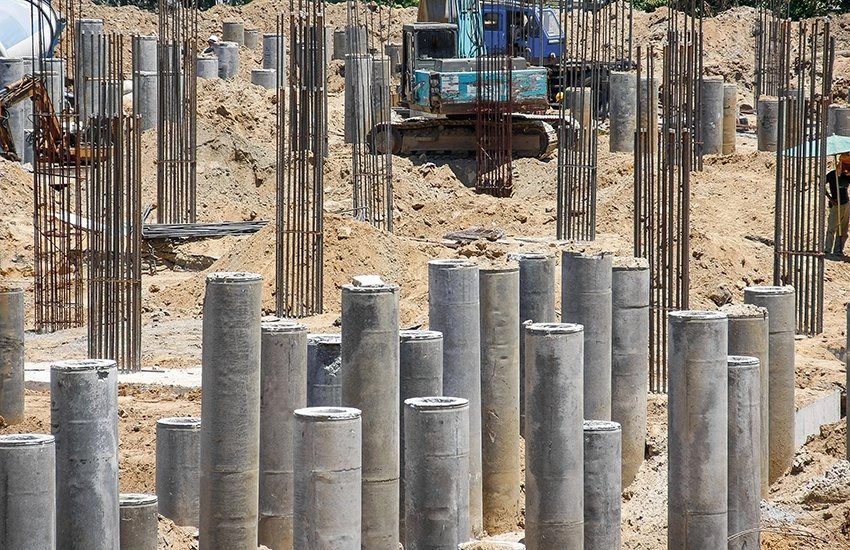
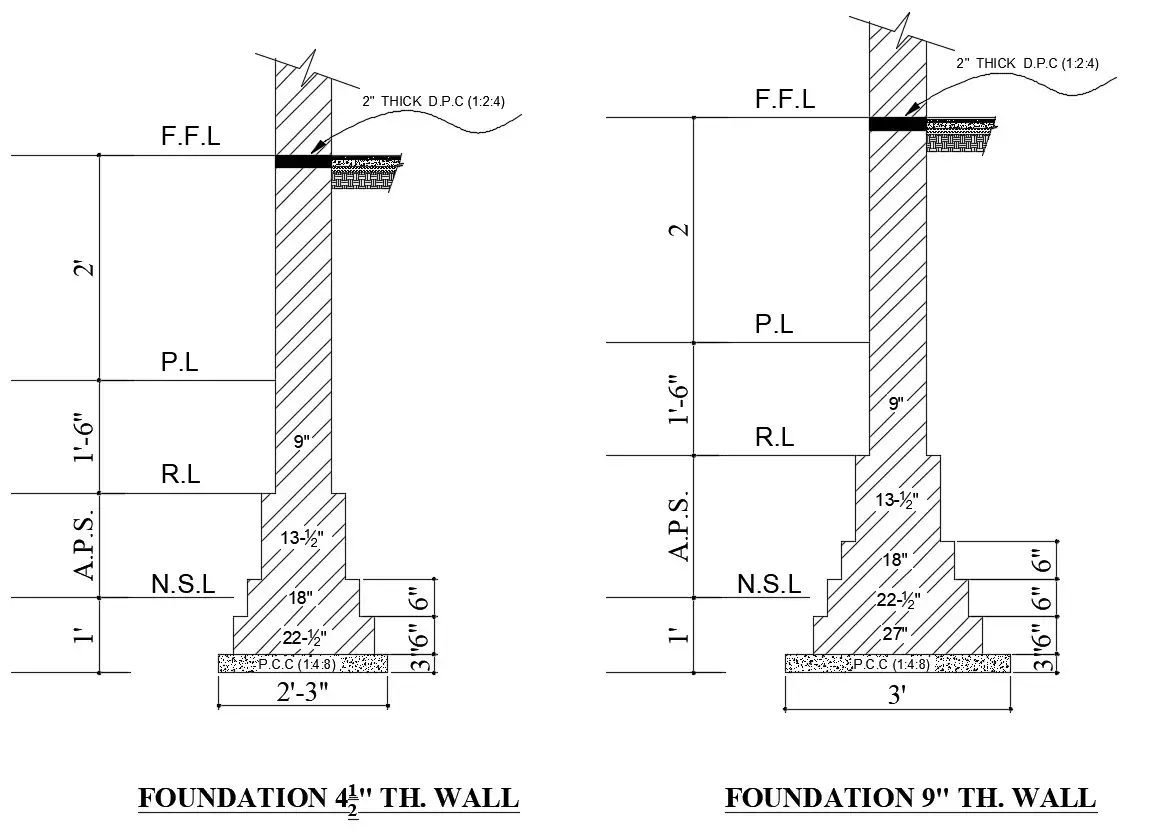
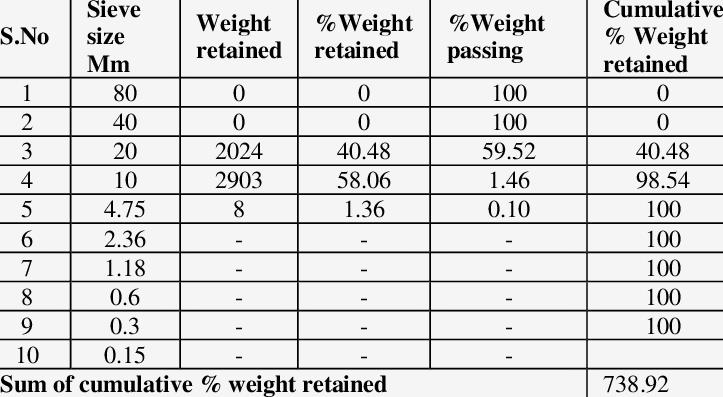
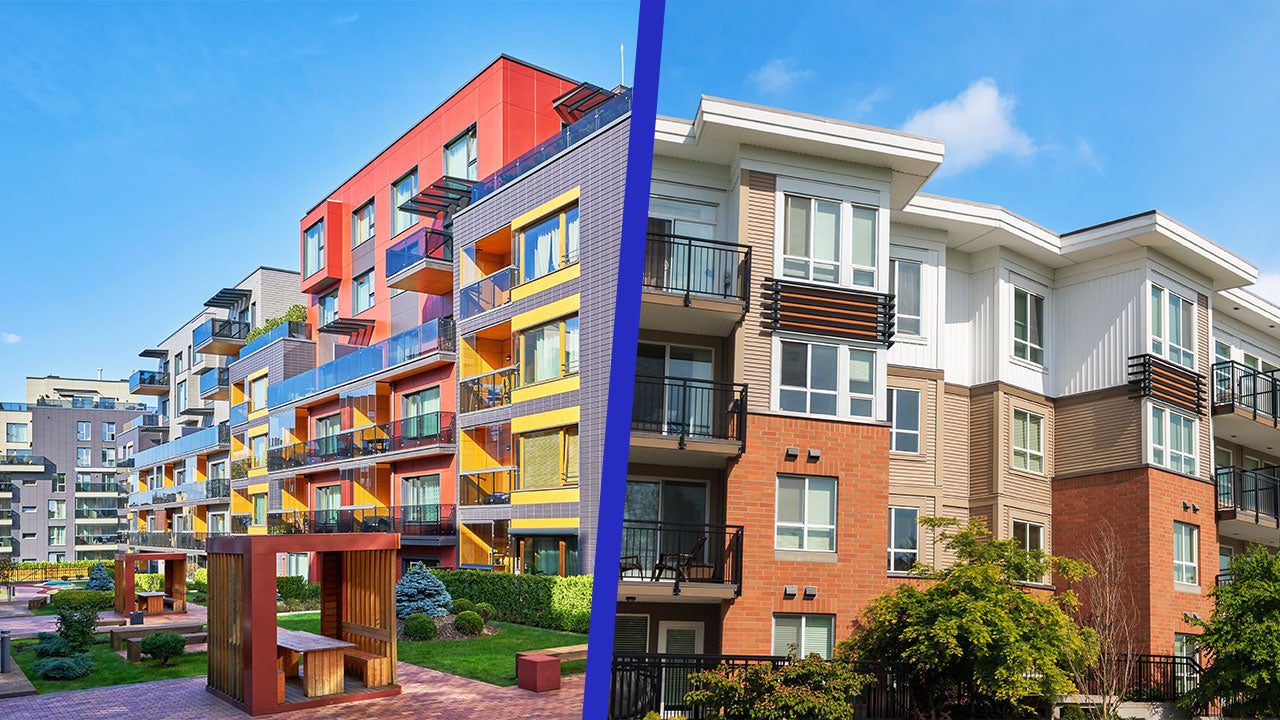
very well written article. I am searching for these types of topics to read for a long time.